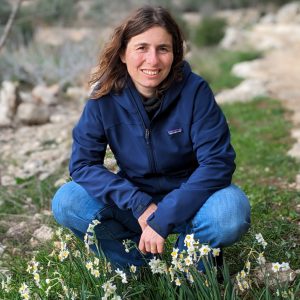
I completed my PhD in movement ecology at the Hebrew University of Jerusalem, studying the mechanisms governing behavioral response of the common cranes to their environment, during the long-distance migration and at an extensively managed agricultural wintering site.
I am passionate about applying movement ecology tools and modelling to answer real world questions. I am particularly interested in how individual animals respond to changes in their environment, especially those of an anthropogenic origin. My main interest lies in promoting data driven conservation and decision making and I believe in the great importance of effective collaboration between scientists and local communities and stakeholders.
My post-doctoral research focuses on the ecological, behavioral dynamics and adaptive foraging strategies of avian predators within anthropogenically altered landscapes and their implication bird strike risk distribution. More specifically, it explores the complex relationship between landfill management practices, including waste burial and organic waste separation, and the behavioral ecology of black kites, highly gregarious avian predator present in large numbers in landfills. A significant focus is placed on kite movement patterns and feeding behavior during winter, especially in regions with high aviation activity. The study’s comprehensive approach offers valuable insights into mitigating conflicts between wildlife and human activities, particularly in aviation, and contributes to the broader understanding of ecological adaptations in altered ecosystems.
